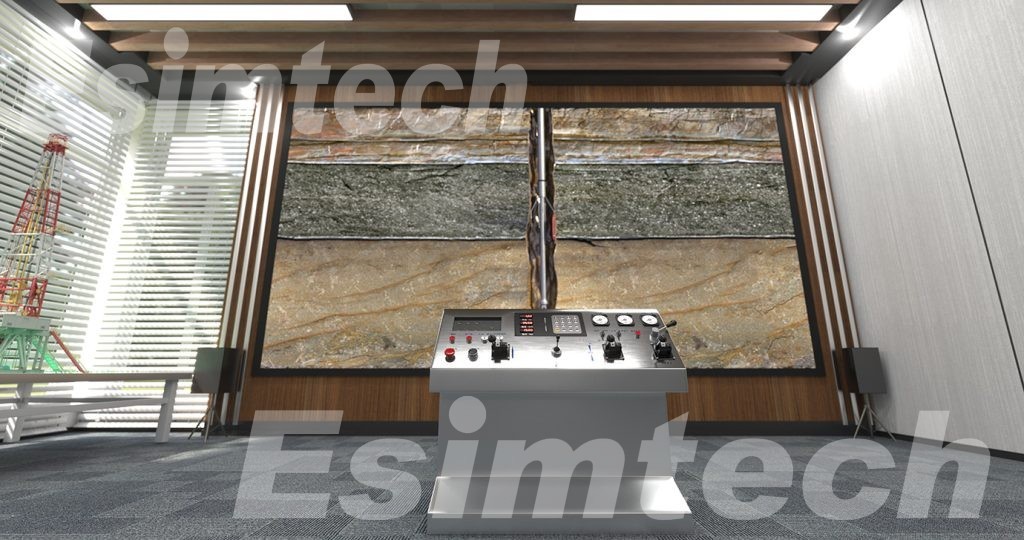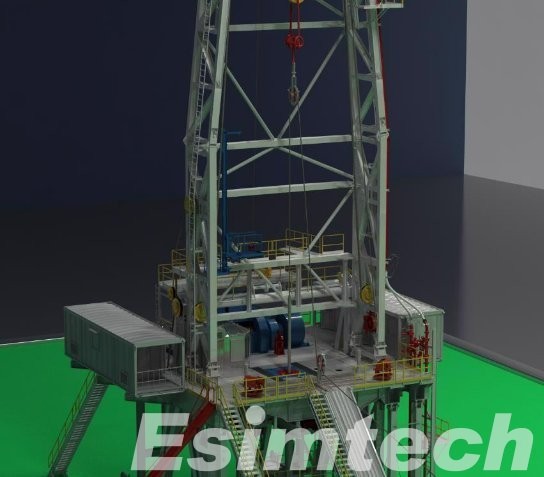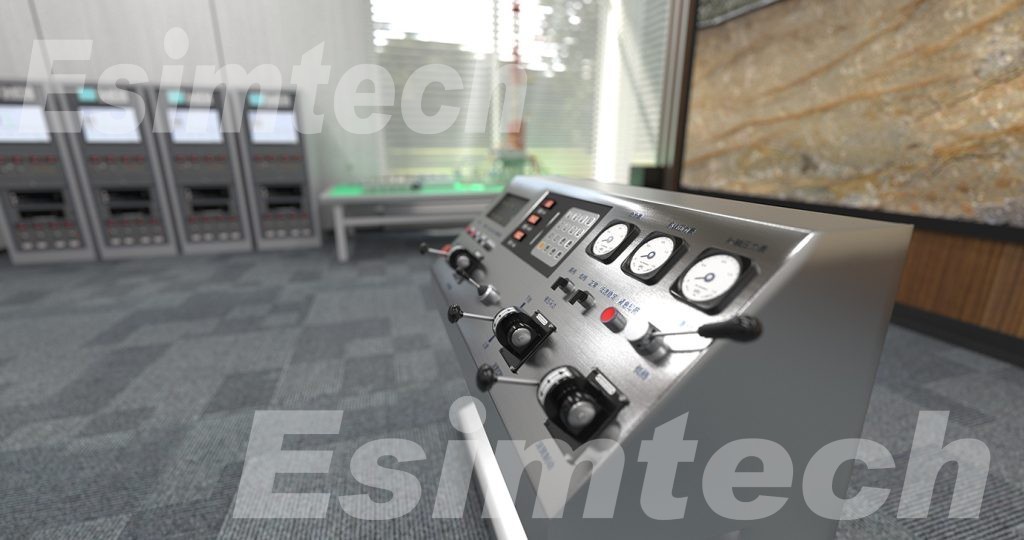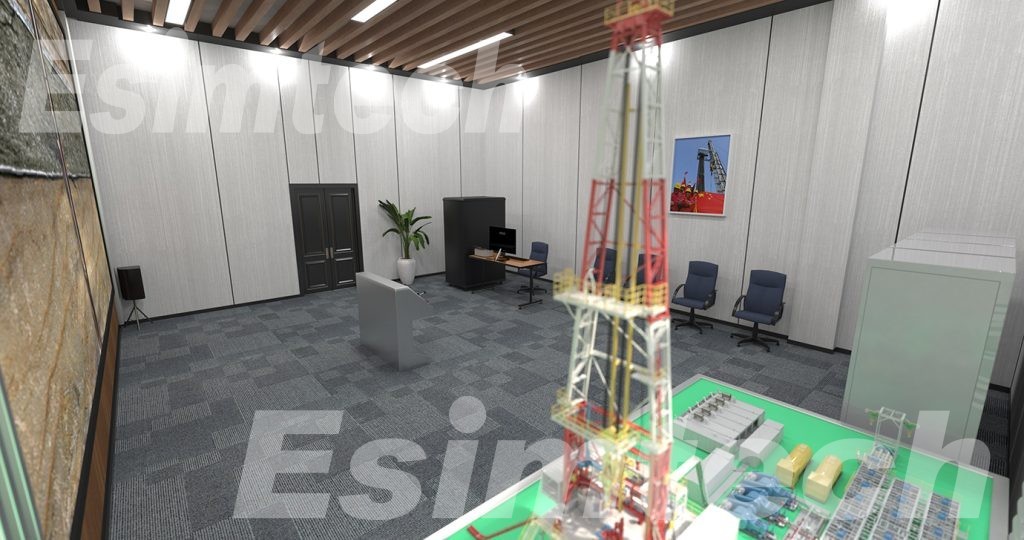What is an Open Hole Well Logging Simulator
Open hole well logging is a vital technique used in the oil and gas industry to collect useful information on subsurface formations. It entails inserting specialized equipment into an uncased wellbore to assess parameters including resistivity, porosity, and rock density. An open hole well logging simulator has proven to be a revolutionary tool in terms of training professionals and improving their skills in reading well logging data.
A complex software program developed to simulate the real-world conditions encountered during well logging operations is known as an open hole well logging simulator. It establishes a virtual environment in which users can replicate and practice data interpretation from an open hole wellbore. These simulators provide an immersive learning experience that enhances the understanding of complex concepts related to well logging.

What are the Features and Advantages of an Open Hole Well Logging Simulator
Realistic Data Generation
An open hole well logging simulator creates simulated well logging data that closely resembles actual readings. This realistic data helps users to simulate real-world well logging settings, improving their comprehension of logging tool replies and interpretations.
Variety of Logging Tools
The well logging simulator includes a variety of logging tools that are routinely used in open hole well logging operations. Among these instruments are resistivity, neutron, density, acoustic, and gamma-ray logs. Users can practice deploying and interpreting various logging mechanisms.
Interactive Interface
The simulator has an easy-to-use interface that allows users to operate the simulation, alter logging tool parameters, and analyse data interactively. This hands-on method promotes active learning and skill development.
Multiple Scenarios
The simulator provides a variety of well logging situations, each simulating a different geological formation and wellbore state. Users can practice their interpretation skills under different contexts, improving their adaptability in real-world situations.

Data Visualization and Analysis
Advanced data visualization and analysis features are provided by the simulator. The simulated well logging data may be plotted and analyzed by users, allowing them to gain a better understanding of reservoir features and rock formations.
Calibration and Validation
By calibrating the simulated measurements against known values, the open hole well logging simulator ensures the accuracy of the generated data. This stage confirms the simulator’s dependability and provides users with consistent training results.
Error and Uncertainty Simulation
The simulator incorporates flaws and uncertainties into the synthetic data to mimic real-world difficulties. This function assists users in developing the capacity to identify and mitigate uncertainty in actual well logging data.
User Progress Tracking
Throughout the training sessions, the simulator monitors the user’s development and performance. This tool allows users to assess their progress and find areas for improvement.
Scenario Customization
Users can customize parameters such as wellbore trajectory, formation features, and logging tool configurations to create their own scenarios. This adaptability offers customized training experiences for individual learning goals.
Simulation Speed Control
Users can vary the simulation speed, allowing them to view data gathering and reactions in real-time or slow motion as desired.
Virtual Wellbore Environment
The simulator creates a realistic wellbore environment that includes geological formations, wellbore pathways, and logging tool responses. Users can explore and engage with the virtual world, which enhances the learning experience.
Error Diagnosis and Troubleshooting
The well logging simulator includes error diagnosis and troubleshooting tools to assist users in identifying and correcting common well logging data interpretation errors.

What are Common Applications of an Open Hole Well Logging Simulator
Training and Education
An open hole well logging simulator is widely used to educate and train geologists, petrophysicists, well log analysts, and other professionals involved in well logging operations in universities, technical schools, and training centers. It allows students to practice and improve their interpretation skills without the need for expensive field visit.
Skill Enhancement
The simulator can help even experienced experts improve their well logging interpretation skills. It’s a great resource for skill refreshers, allowing professionals to stay up to date on the latest logging techniques and best practices.
Research and Development
The oil and gas simulator can be used for research objectives, such as creating and testing novel well log interpretation methods, approaches, and procedures. It provides a controlled setting for researchers to test various scenarios and evaluate the effectiveness of their approaches.
Quality Assurance and Performance Evaluation
To evaluate the success of their well logging teams, oilfield service businesses can use an open hole well logging simulator. It enables firms to assess their personnel’s ability and identify areas for improvement, assuring high-quality well logging data interpretation.
Well Log Analysis Training
The simulator can be integrated into training programs for well log analysis, allowing trainees to practice with various logging tools and analyse diverse well logging data sets. This thorough training prepares them for actual well logging missions.
Reservoir Evaluation Practice
The well logging simulator can be used to practice reservoir evaluation and subsurface formation characterization. This application aids in the estimation of reservoir parameters such as porosity, permeability, and fluid saturation, resulting in more informed reservoir management decisions.
Team Collaboration and Training
Well logging teams can work together in a simulated environment to improve teamwork and communication skills. The well logging simulator supports collaborative problem solving and encourages effective teamwork.

Summary
Open hole well logging simulators are critical in increasing the knowledge and abilities of oil and gas workers. With continuing technological improvements, well logging simulators will remain vital tools in shaping the future of well logging and reservoir evaluation.
